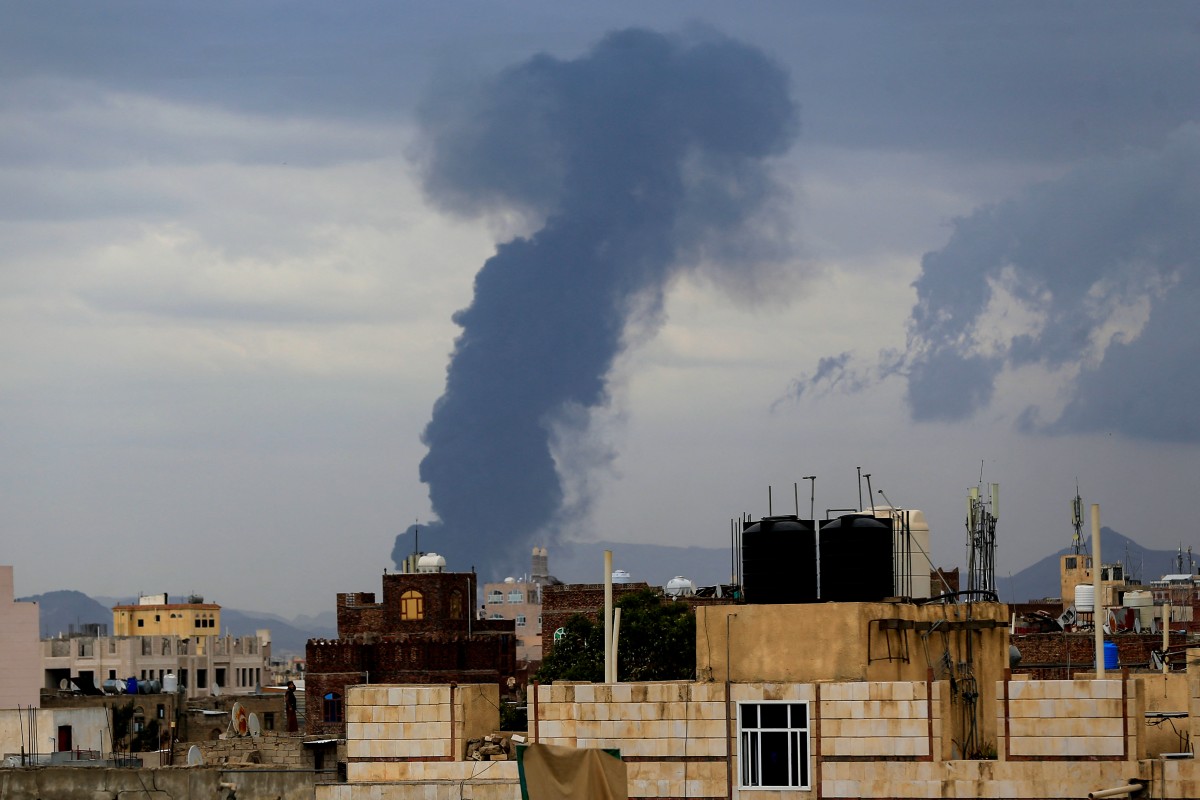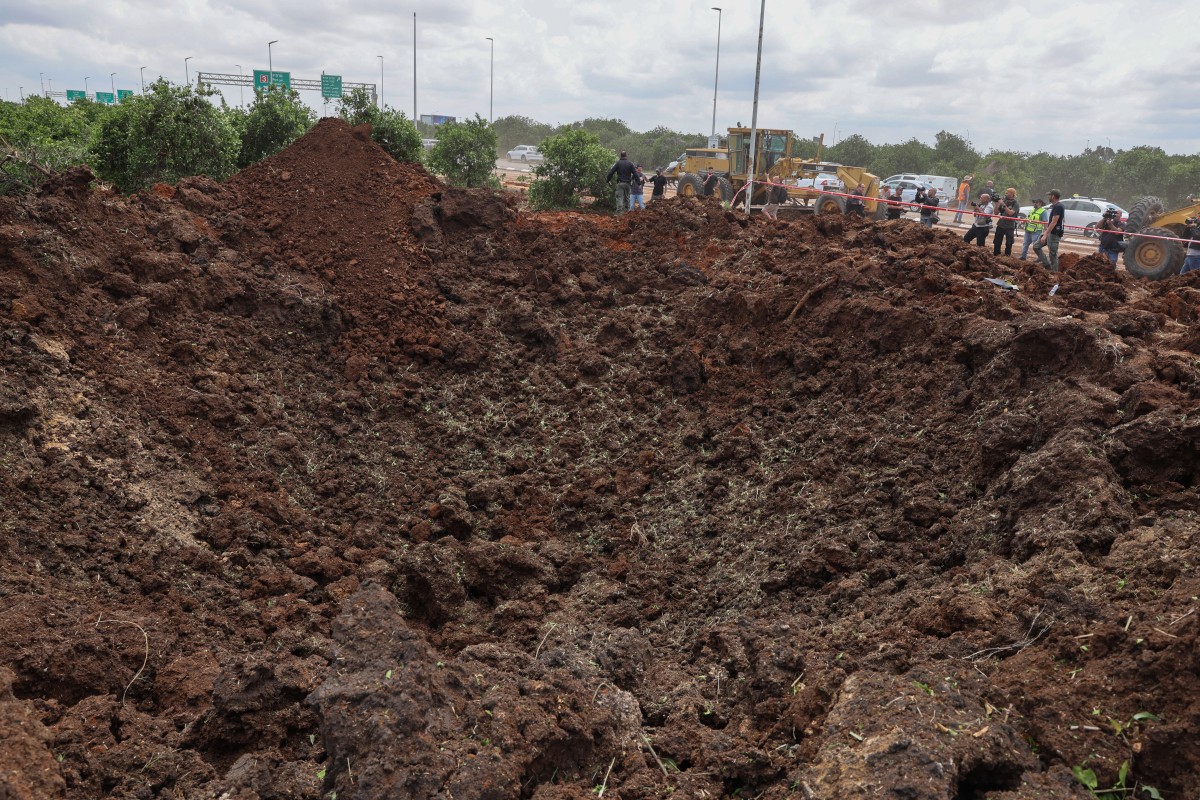
By Agence France-Presse
Israel issued its strongest threat yet against Iran on Thursday, May 8, warning it would have the same result to Hamas in Gaza after Iran-backed Houthi rebels attacked Ben Gurion airport.
Iran’s Revolutionary Guards chief Hossein Salami said any attack by the United States or Israel would “open the gates of hell”.
Yemen’s Houthis are part of Iran’s “axis of resistance” against Israel and its Washington ally along with Hezbollah and Hamas.
The Houthis claim their repeated attacks on Israel and on shipping in the Red Sea are in solidarity with Palestinians in the Gaza Strip, where Hamas sparked a war in October 2023 by launching an unprecedented attack on Israel.
On Sunday, May 4 Israel hit back against the Houthi missile attack, by striking the airport in Yemen’s capital Sanaa and three power stations in the impoverished country.
Israeli Defense Minister Israel Katz said in a statement, “I warn… Iranian leaders who finance, arm and exploit the Houthi terrorist organization: the proxy system is terminated and the axis of evil has collapsed.”
Katz sent a warning that Israel would not allow any entity to cause harm to said nation “You are directly responsible. What we have done to Hezbollah in Beirut, to Hamas in Gaza, to (now ousted Syrian president Bashar) Assad in Damascus, we will do to you in Tehran too.”
the Israeli defense chief concluded “Israel should be able to defend itself… against any threat and against any enemy.”This has been the case with several challenges in the past, and it will continue to be the case in future. Anyone who attacks us will be severely struck.”
In a video carried by Iran’s Tasnim news agency, Revolutionary Guards chief Salami said “these are serious warnings to the Zionist and American authorities… If you make the slightest mistake, we will open the gates of hell for you”.
Core principal
The threats come after Iran and the United States engaged in three rounds of nuclear talks; their highest-level contact since Washington withdrew from a landmark deal with Tehran in 2018.
Israel has been concerned about the progress of Iran’s nuclear program since Donald Trump pulled the United States out of the international agreement.
Prime Minister Benjamin Netanyahu, who views the talks unfavorably, has called for dismantling Iran’s nuclear program, saying a credible deal must “remove Iran’s capacity to enrich uranium for nuclear weapons” and prevent the development of ballistic missiles.
Iran insisted that its nuclear program is for civilian purposes.
Shmuel Rosner, a research fellow at the Jewish People’s Policy Institute in Jerusalem, told AFP it was difficult to know whether Katz’s threats are “a bluff” or not.
He added that Israel will probably “wait and see” the results of the dialogue between Washington and Tehran.
If the talks lead to an agreement that “puts Israel at risk, then Israel will have to consider what it can and should do to defend itself. That’s a core principle of all Israeli governments since the establishment of the state, that we do not subcontract our security to other countries,” Rosner said.
Iran and Israel are longtime foes and have attacked each other directly for the first time since Hamas’ October 2023 attack.
The attack left Israel feeling vulnerable, and Netanyahu vowed two days later to “change the Middle East” to protect the country from any repetition.

Lebanon, Gaza, Yemen
In Syria, an Islamist-led rebel alliance toppled Assad in December 2024, effectively cutting off the supply route from Iran to Hezbollah in Lebanon.
Lebanon’s Hezbollah movement, like the Houthis, began cross-border attacks on Israel following the 2023 attack by Hamas.
In a year of hostilities across the Lebanese-Israeli border that ended with a November truce, the Israeli military crushed Hezbollah.
Hamas’s leadership has decimated much of the territory that the movement has been destroyed in the Gaza war.
